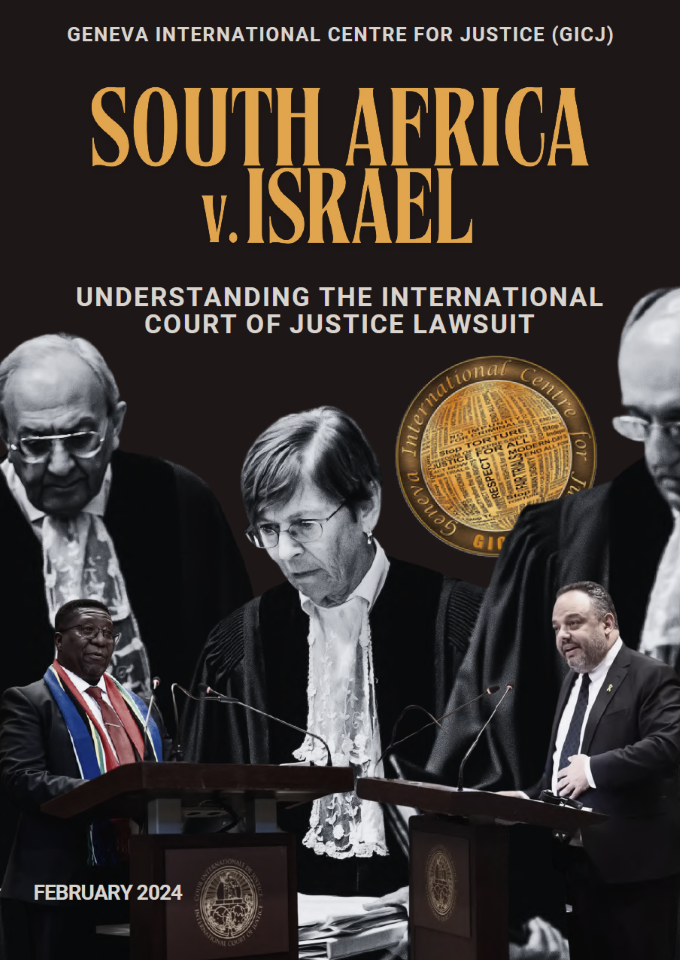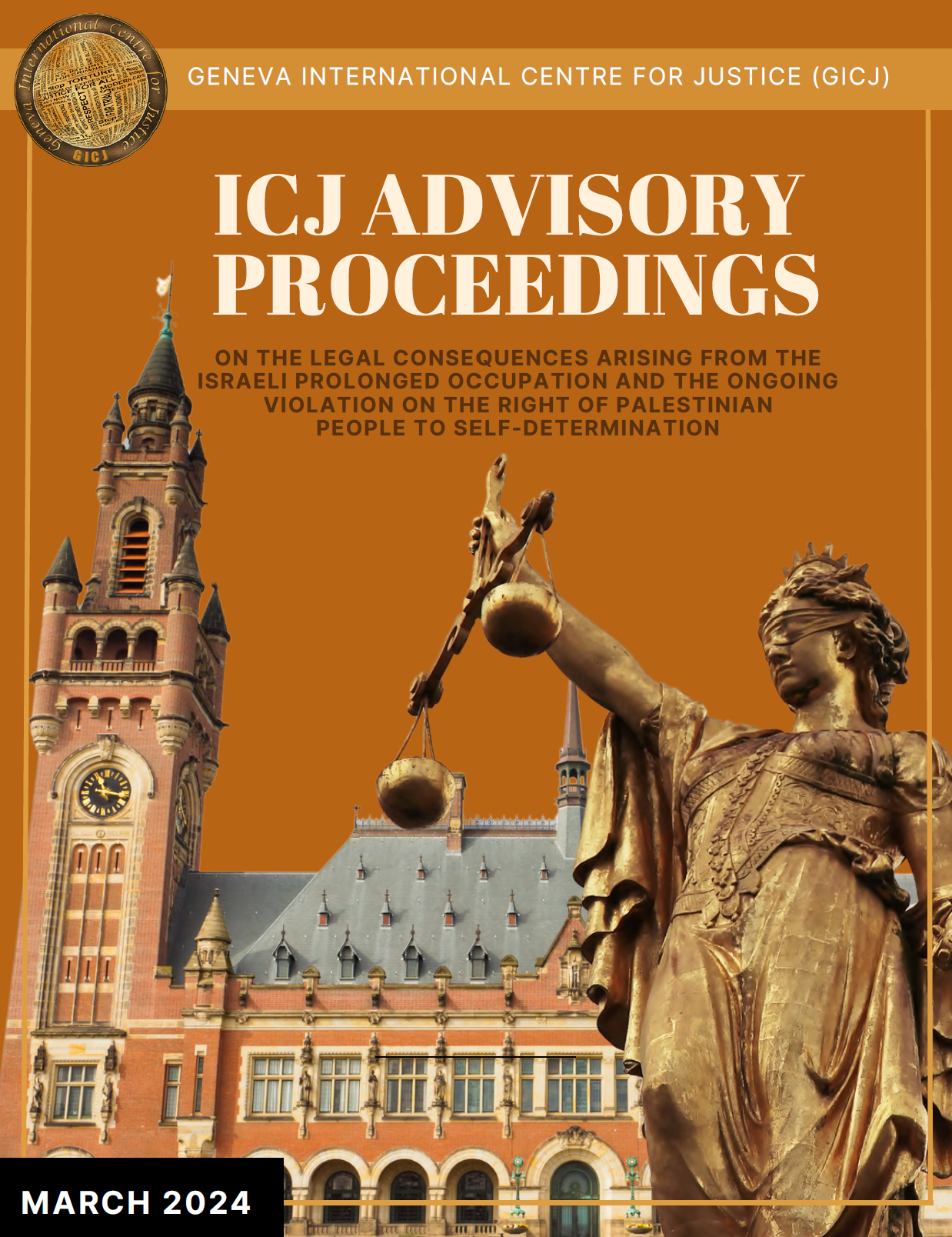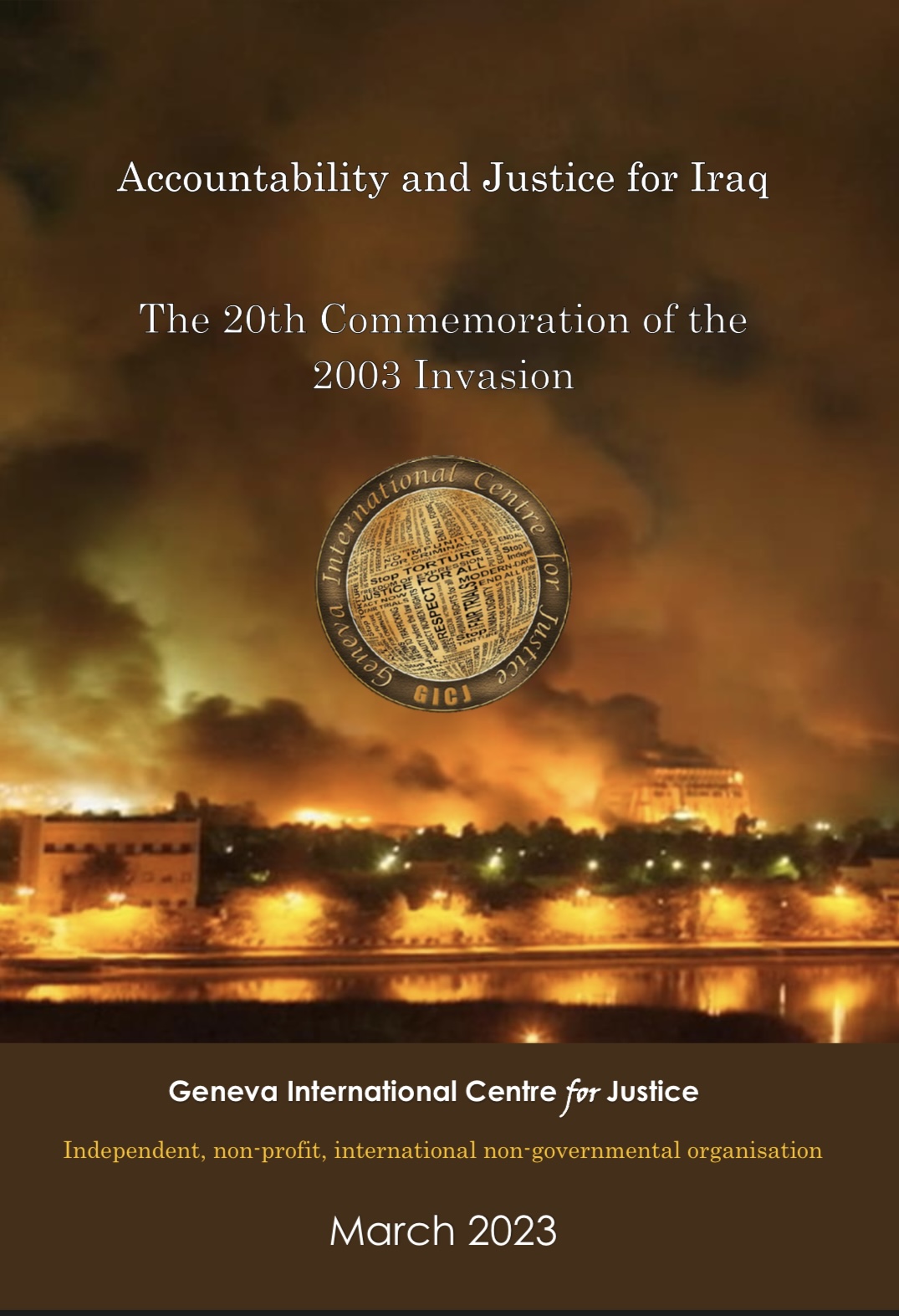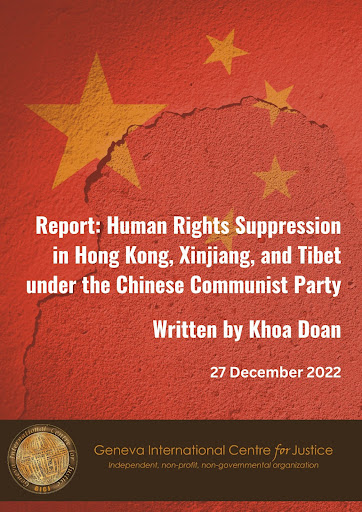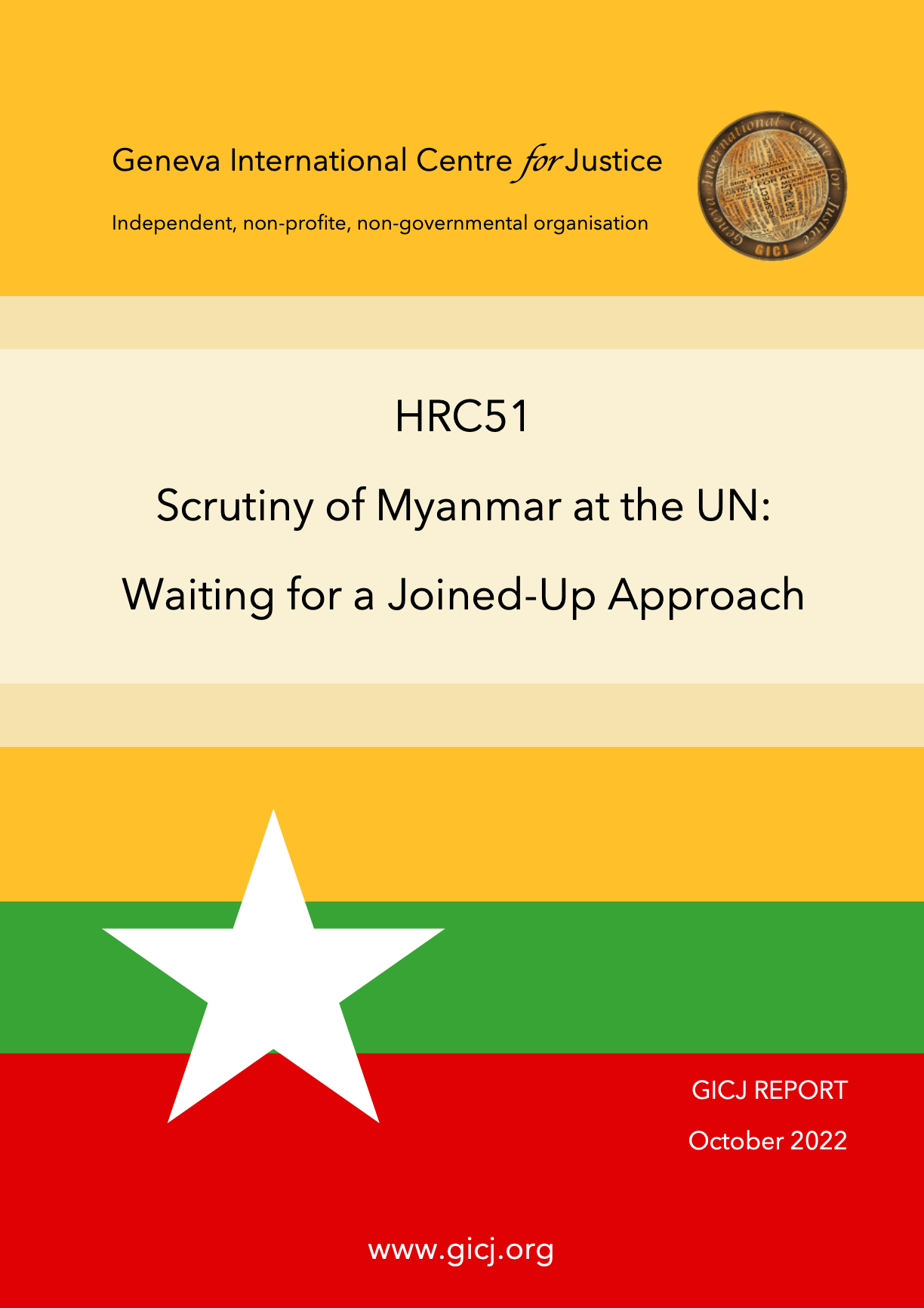Nuclear disarmament: when civil society can generate change
GICJ has attended a side event on of the Open-Ended Working Group on political will for nuclear disarmament. The event was held at the United Nations office on 12 May 2016, in order to discuss and promote the participation of civil society within the nuclear disarmament discussions. It was central to the debate the idea that abolishing nuclear weapons is a long-term process that involves short-term action, and that, to these purposes, civil society plays a fundamental role due to its unique ability to create awareness, raise support, and, finally, generate change.
Between the distinguished panellists, all coming from different backgrounds and organizations, the intervention of Mr Michael Møller, Director-General of the United Nations Office at Geneva, Secretary-General of the Conference on Disarmament, was particularly relevant in expressing the important steps that have been taken in these past years concerning nuclear disarmament. Between these, he mentioned the sole existence of OEWG: the creation of such a discussion group is itself a sign that there is an effort to achieve a nuclear-weapon-free world. He then went further to explain that an inclusive approach is needed, which could put together different stakeholders, such as religious leaders, government representatives and, last but not least, members of civil society.
Another remarkable intervention to the event was that made by Mr Bernard Norlain, Air Force General (ret), Honorary Chairman National Defense Committee, Vice-President of Initiatives for Nuclear Disarmament, member of Global Zero, who explained, based on his experience as a general, what is the French perception of nuclear weapons. Public opinion in France sees nuclear weapons and nuclear deterrence as a symbol of their independence, which is now so well eradicated into French culture that there is no space for discussion or debate. Mr Norlain concluded advising that this reality must be changed and the risks of incidents involved with nuclear weapons must be minimized for the sake of all human beings.
The floor was then given to Mr Thore Vestby, Vice-President, Mayors for Peace, whose intervention took a slightly different direction: he discussed the problem of the loss of employment associated with nuclear disarmament. Because the nuclear industry provides jobs to many people, it is clear that disarmament cannot happen overnight. It has to be a process. Mr Vestby concluded his speech advising that perhaps unraveling the complexity of this issue might constitute a step forward to its solution.

The general purpose of the event, as mentioned earlier, was that of expressing the power of civil society in the nuclear disarmament campaign. In these regards, the contributes of other panelists such as Heather Wokush from #LetsTalkNukes, Vinay Nayak, Youth outreach coordinator for the 2012 Obama re-election campaign and Alexandra Arce von Herold, Youth Summit on Nuclear Abolition, PNND Central America Coordinator very well expressed the idea that youth support is fundamental to achieve more important steps towards disarmament. In their interventions they showed how connecting people together and allow them to share ideas, experiences and points of view is crucial for creating activism. Activism, in turn, can influence policy-making, which can finally bring to social change. Collective action is therefore essential, if not the only possible way, to guarantee a nuclear-weapon-free world for the future generations.
Participation of GICJ at Human Rights Council Sessions
Human Rights Council - 35th regular session (6 June - 24 June 2017)
Human Rights Council - 34th regular session (27 February - 24 March 2017)
Human Rights Council - 33rd regular session (10 September - 30 September 2016)
Human Rights Council - 32nd regular session (13 June - 1 and 8 July 2016) Human Rights Council - 31st regular session (29 February - 24 March 2016)
Human Rights Council - 30th regular session (14 September - 2 October 2015) Human Rights Council - 29th regular session (15 June - 3 July 2015) Human Rights Council - 22nd special session on the human rights situation in Iraq in light of abuses committed by the Islamic State in Iraq and the Levant and associated groups - 1 September 2014: Human Rights Council - 21st special session on the human rights situation in the Occupied Palestinian Territory, including East Jerusalem - 23 July 2014: Human Rights Council - 26th regular session (10 - 27 June 2014): Human Rights Council - 25th regular session (3 - 28 March 2014): Human Rights Council - 24th regular session (9 - 27 September 2013): Human Rights Council - 23rd regular session (27 May - 14 June 2013): Human Rights Council - 22nd regular session (25 February - 22 March 2013): Human Rights Council - 21st regular session (10 - 28 September, 5 November 2012): Human Rights Council - 19th regular session (27 February - 23 March 2012): |
||







